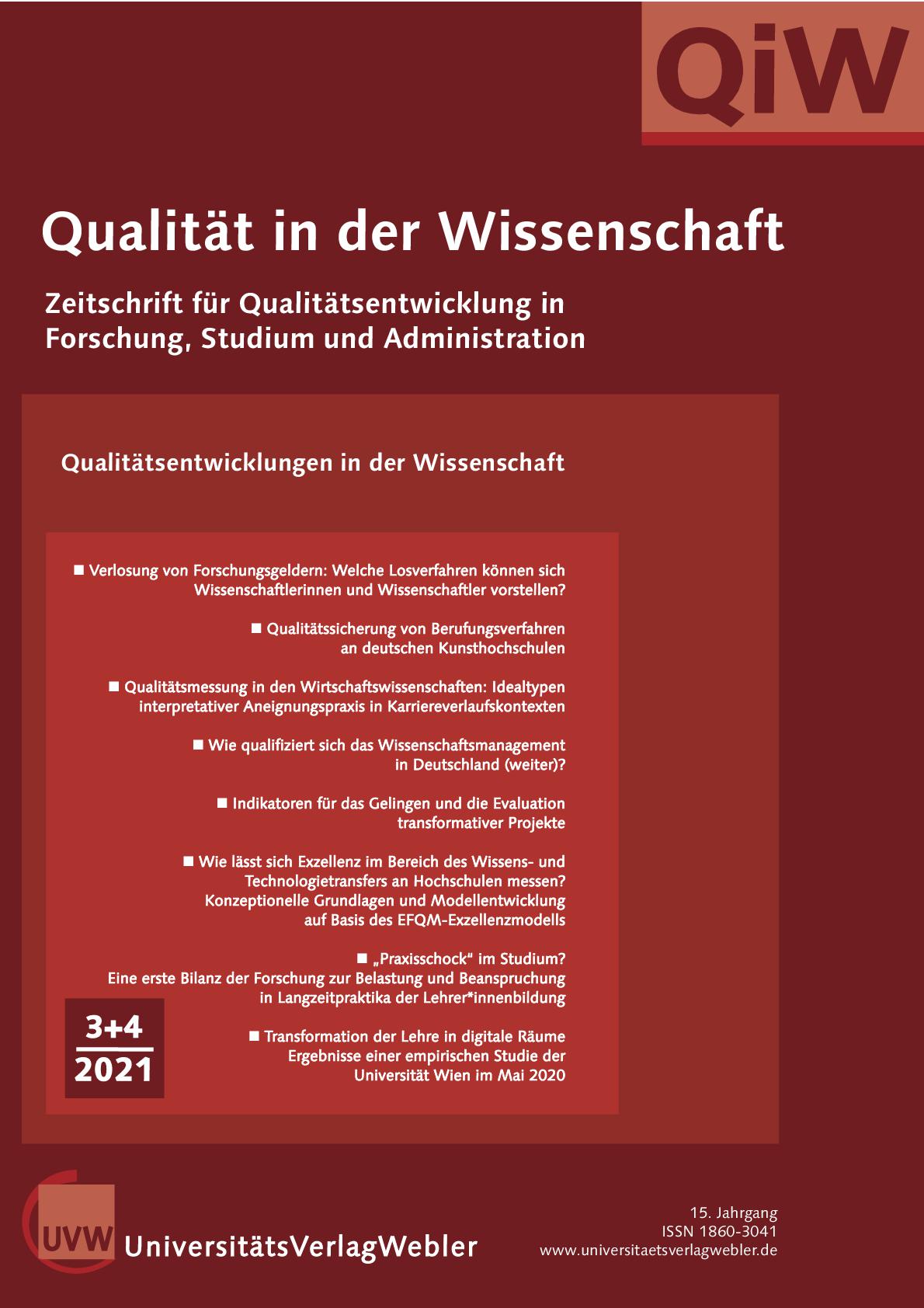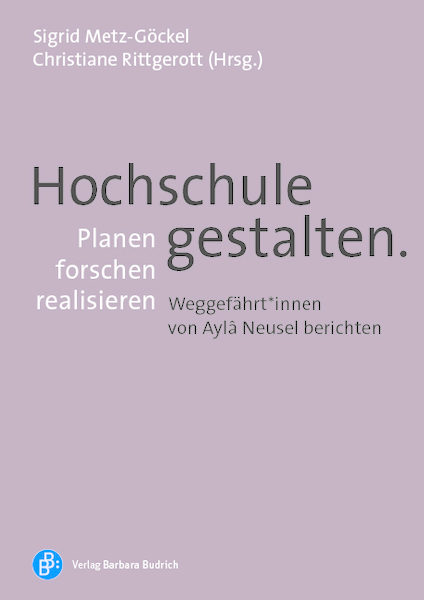This study focuses exclusively on migrant students in German higher education and examines the relationship between their social networks, social capital, and dropout intention. We identify two different forms of social capital – resources and norms – that students derive from their networks, and are related to their educational outcomes. These two forms of social capital also correspond with the two well-established arguments for explaining immigrants’ educational outcomes: (1) immigration optimism and (2) social background disadvantages. Using data from the German National Education Panel Study, we use Lin (2001) concepts of ‘capital deficit’ and ‘return deficit’ to examine the differences in access and utilization of social capital between native and migrant students, further differentiated by whether one or both parents were born abroad. Using linear and logistic regressions we find that the networks of migrant students are characterized by high norms and aspirations, which have a shielding role for dropout. Further, students with both parents born abroad are at a higher risk of dropout than mixed background students. We specifically focus on factors that are unique to migrant students going beyond the well-established social background explanations for migration-related disadvantages.
Mishra, Shweta; Müller, Lars (2021): Resources, norms, and dropout intentions of migrant students in Germany: the role of social networks and social capital. In: Studies in Higher Education, S. 1–15.
Ähnliche Projekte
Quantitative Hochschulforschung – Impulse für das Hochschulmanagement? Gespräch mit Stefan Hornbostel.
Hornbostel, S., Hoelscher, M. & Marquardt, E. (2021). Quantitative Hochschulforschung – Impulse für das Hochschulmanagement? Gespräch mit Stefan Hornbostel. Hochschulmanagement(1), 29–33. Hoelscher, Michael, (2021): A question of integrity’: Academic values torn between organizational affiliation, national competitiveness and the global academic community. In: H. van't Land, A. Corcoran & D. Iancu (Hg.): The Promise of Higher Education. Essays in Honour of 70 Years of IAU. Palgrave, McMillan/Springer Nature (OPEN ACCESS). (https://link.springer.com/content/pdf/10.1007%2F978-3-030-67245-4_22.pdf)
Degrees of Success: The Transitions from Vocational to Higher Education. Emerald Publishing Limited
Hayward, G., Katartzi, E., Ertl, H. & Hoelscher, M. (2021). Degrees of Success: The Transitions from Vocational to Higher Education. Emerald Publishing Limited. Arend, H. & Hoelscher, M. (Hrsg.). (2021). Hochschule und Stadt. Wissensallianzen in Rheinland-Pfalz. Zukunftsinitiative Rheinland-Pfalz (ZIRP) e.V. https://www.zirp.de/inhalt/hochschule-und-stadt-wissensallianzen-in-rheinland-pfalz-1
Themenschwerpunktheft «Qualitätsentwicklungen in der Wissenschaft» (QiW 3+4/2021) zur gleichnamigen BMBF-Förderlinie
Krempkow, R., Jütte, W. & Pohlenz, P. (Hrsg.) (2021): Qualitätsentwicklungen in der Wissenschaft. Qualität in der Wissenschaft (QiW) 3+4/2021, URL: https://www.universitaetsverlagwebler.de/qiw
Hochschule gestalten. Planen – forschen – realisieren. Weggefährt*innen von Aylâ Neusel berichten
Metz-Göckel, Sigrid & Rittgerott, Christiane (2021): Hochschule gestalten. Planen – forschen – realisieren. Weggefährt*innen von Aylâ Neusel berichten, B. Budrich Verlag. ISBN: 978-3-8474-2532-8

